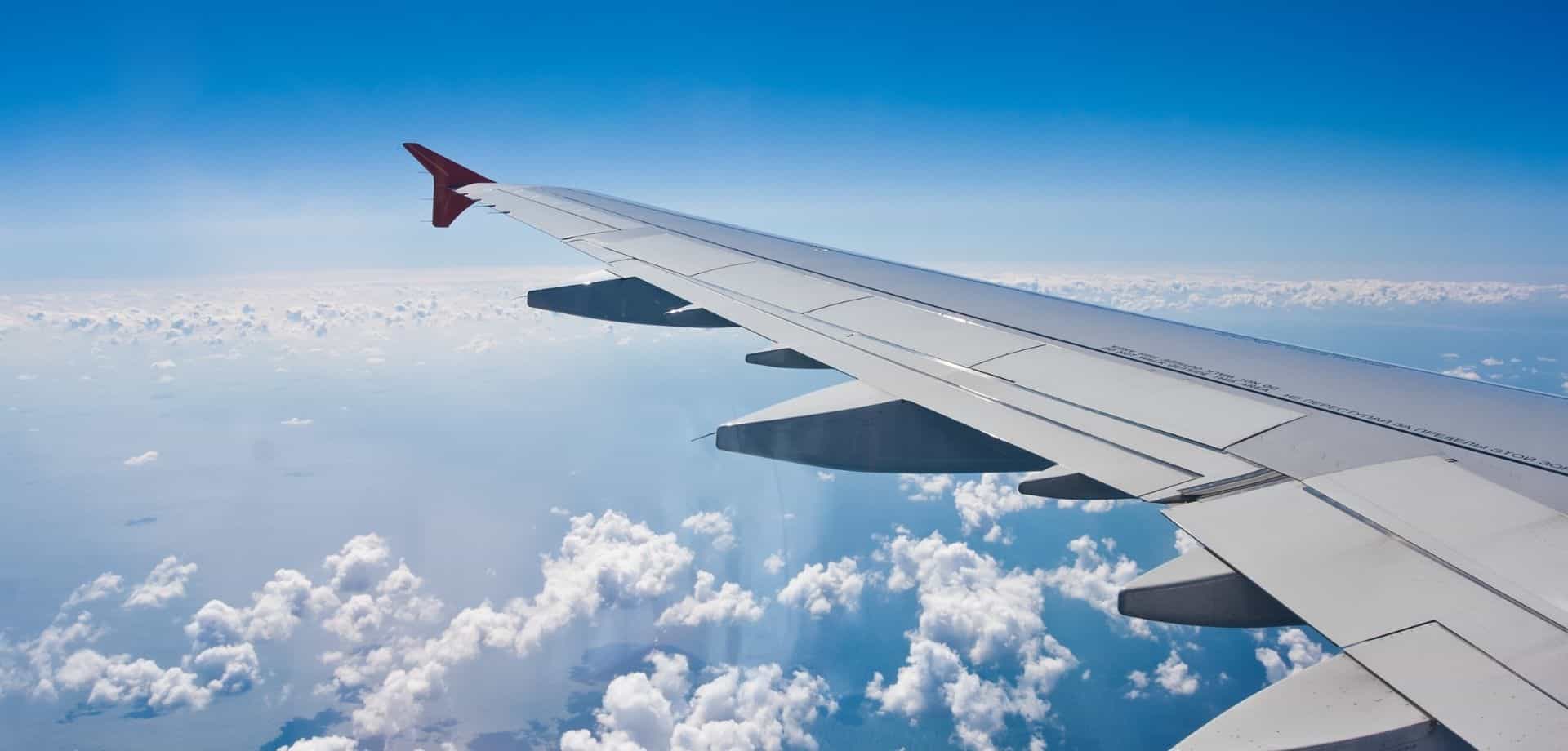Chinese New Year is a festival celebrated annually by Chinese communities across the world to bring good luck and prosperity into the New Year. Every year corresponds with one of the 12 animals in the Chinese Zodiac, with 2023 being the Year of the Rabbit. Celebrations for Chinese New Year kick off on the 22nd Jan, continuing until the 5th February where the festivities culminate with the Chinese Lantern Festival. Every year, thousands of people travel to China to enjoy the celebrations. So, if you are one of those people who are planning to travel to China to join in with the festivities, please ensure you follow these tips to stay healthy whilst abroad.
Firstly, you may want to check the entry requirements for China in terms of required covid-19 testing. If you travel to China after 8th Jan, you would require a negative Covid-19 test and submit your negative result by filling a Health Declaration Form via China Custom Website or their app or WeChat account. You would also need a pre-departure Covid -19 test when coming back to England from China. If you are still travelling to China you can view what covid-19 testing entry rules are currently in place here: GOV.UK WEBSITE. You can find more information on our rt-PCR Testing service here and our Lateral Flow Testing here.
Covid aside, check your vaccination history. All travellers need to ensure they are up-to-date with their childhood vaccines, most importantly, Hepatitis A, Typhoid, Measles, Mumps and Rubella (MMR), and Diphtheria, Tetanus and Polio (DTP).
More information on our wellness vaccinations can be found here.
It is worth noting that it is still influenza season in the northern hemisphere and transmission can occur well into spring. Those travellers who haven’t received their annual flu vaccination to protect them against the most common strains for 2022-23, should ensure they receive it before travelling to China. You can still book your annual flu vaccine, here.
Travellers who are planning extended stays, and more remote and rural travel may also wish to consider vaccinations against Rabies and Hepatitis B.
More information on our travel vaccinations can be found here.
Those who are heading further south to rural areas where the weather is warmer may wish to consider vaccination against Japanese Encephalitis (JE), which is spread via the culex mosquito. You can also purchase our ‘Ultimate Bug Kit’ which will help protect you from mosquito bites.
There have been recent cases of Avian Influenza (bird flu) in both the UK and China. Bird flu is a very unpleasant illness which can cause people to fall quite unwell. It is passed on via contact with infected birds. Travellers can minimise risk by avoiding contact with any birds (dead or alive): avoid touching dead or dying birds, and steer well clear of ‘wet markets’ (marketplaces that sell meat, fish, and often live animals including birds).
Chinese New Year is heavily focused on food, with items such as fish, fruit and dumplings symbolising luck, wealth and prosperity. Travellers should ensure that they maintain good food and water practises to avoid tummy trouble whilst away. You should avoid tap water and ice made from tap water, instead stick to bottled water. Ensure you wash your hands thoroughly before eating and after using the toilet. Ensure all food that you eat is cooked thoroughly and served straight to you. And lastly, consider taking medicines for self-treatments with you, such as antibiotics – take our Online Travellers’ Diarrhoea Consultation to see if it is suitable for us to prescribe you standby Travellers’ Diarrhoea treatment.
By following these guidelines and ensuring you are generally sensible and hygienic, you will be able to relax and enjoy the sheer joys of travel and seeing the world.
Happy Chinese New Year!
You can book online for a travel consultation appointment here.
Or for more information on all of our travel vaccinations, wellness vaccinations or travellers’ diarrhoea.




